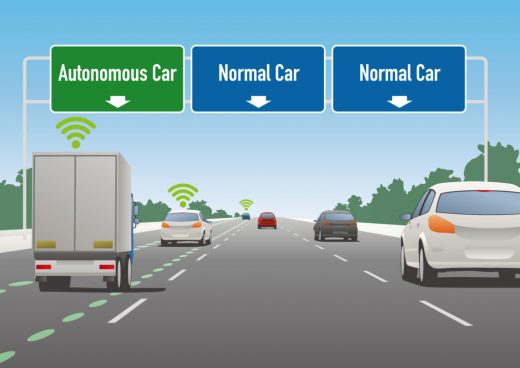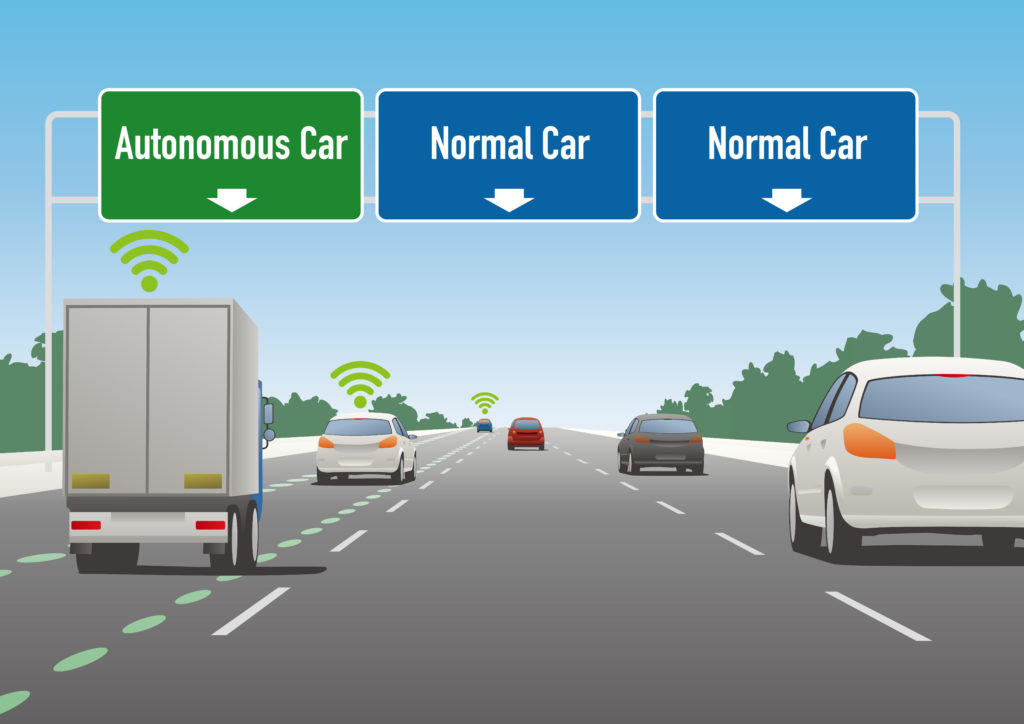Which cities are leading the autonomous car revolution?
Which cities are leading the autonomous car revolution?

Many places claim they welcome driverless car prototypes on their streets, but an elite group of cities are proving to be all-in with autonomous vehicles.
In a commentary on Fortune.com, Luís Bettencourt discusses which cities have fully embraced driverless cars. The Santa Fe Institute professor of complex systems also weighs the revolutionary impacts this technology will have on cities of the future.
“The urban landscape is in for a drastic change,” said Bettencourt. “With some cities using autonomous vehicle technology to rethink their public transportation and infrastructure.”
See also: California legalizes autonomous cars on highways
He predicts that driverless automobiles will transform congested cities by dramatically reducing cars on the road. As well, robot cars acting as taxis will free up large tracts of land currently used for parking and gas stations.
“But if this transformation is to take place, driverless vehicle manufacturers will need to find welcoming locations to test their products,” he says.
And Bettencourt outlines which certain cities are proving to be more welcoming than others to connected cars.
Autonomous vehicles by Google have been plying the roads around San Francisco Bay for years. With its proximity to Silicon Valley, San Francisco is living up to its earlier adopter reputation in regards to driverless cars.
More recently, Google has begun testing driverless cars in Austin, Phoenix and Kirkland, Wash.
And Pittsburgh is establishing a reputation on the vanguard of driverless car technology. It is home to Carnegie Mellon University which is a pioneer in research into self-driving cars. The university has also recently partnered with Uber to develop a driverless vehicle for its ride sharing service.
Boston is also at the forefront of the new technology, announcing a year-long test of driverless cars on city streets. The tests, which are being run in partnership with the World Economic Forum (WEP), aim to advance transportation access, safety and WEP’s sustainability goals.
It’s a mad, mad self-driven world
In Asia, Singapore has launched a strategy for a “car-light” city that includes the world’s first taxi service that uses driverless cars in a limited circuit.
China’s Baidu is working on a similar project in Beijing and Tokyo is shooting to have autonomous cars on its roads in time for the 2020 Olympic Games.
Meanwhile in Europe, Helsinki is running the world’s first autonomous bus system. And over in the U.K., other cities are performing trials of self-driving vehicles.
Bettencourt says these cities that are early joiners of the autonomous vehicle revolution stand to gain economically from the benefits of this technology.
“This would also stimulate new businesses and technologies that can create jobs—such as the new systems necessary to coordinate traffic, new kinds of smart infrastructure, and new advertisement markets—and grow the economy,” he says.
The post Which cities are leading the autonomous car revolution? appeared first on ReadWrite.
(53)



